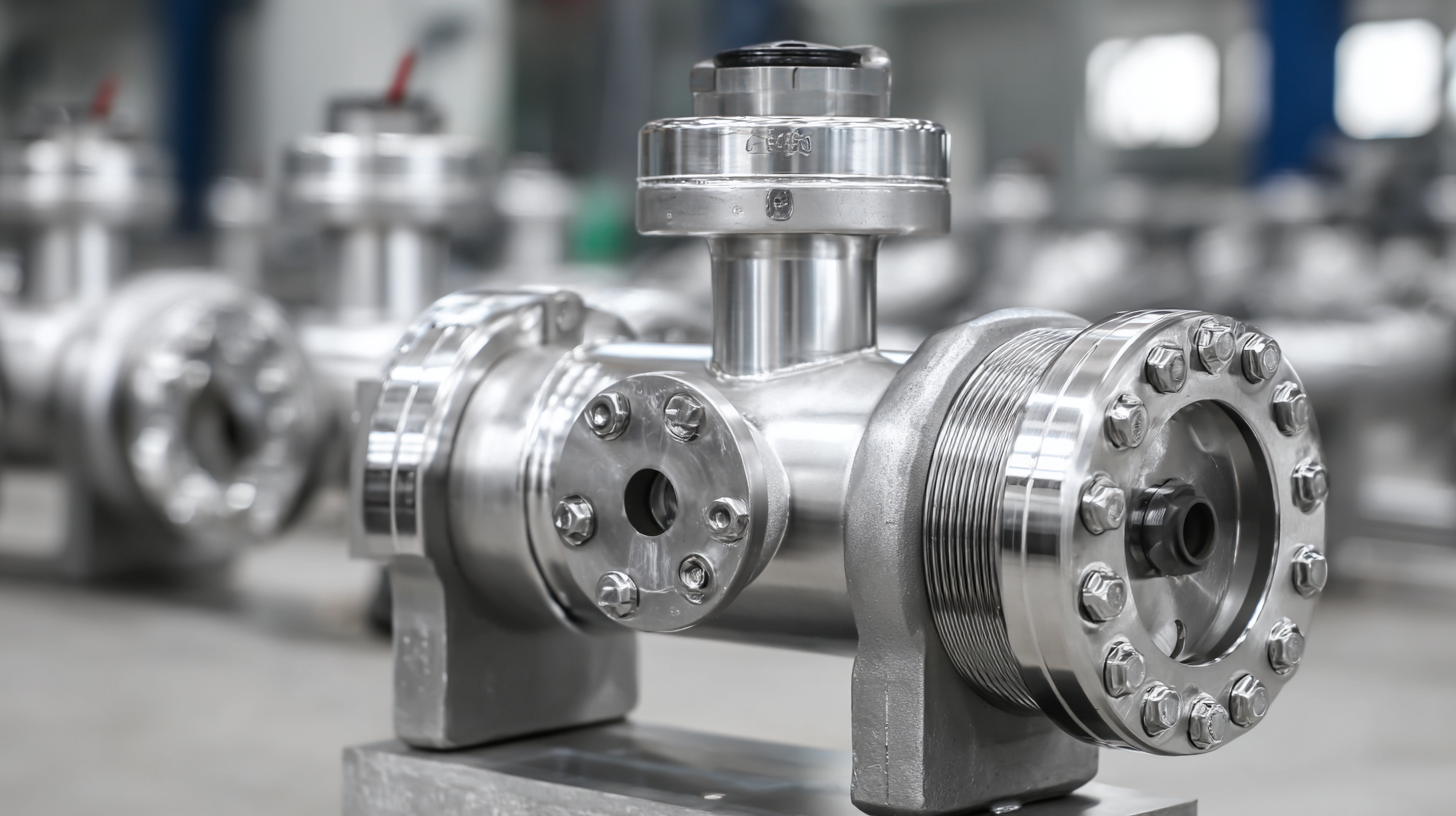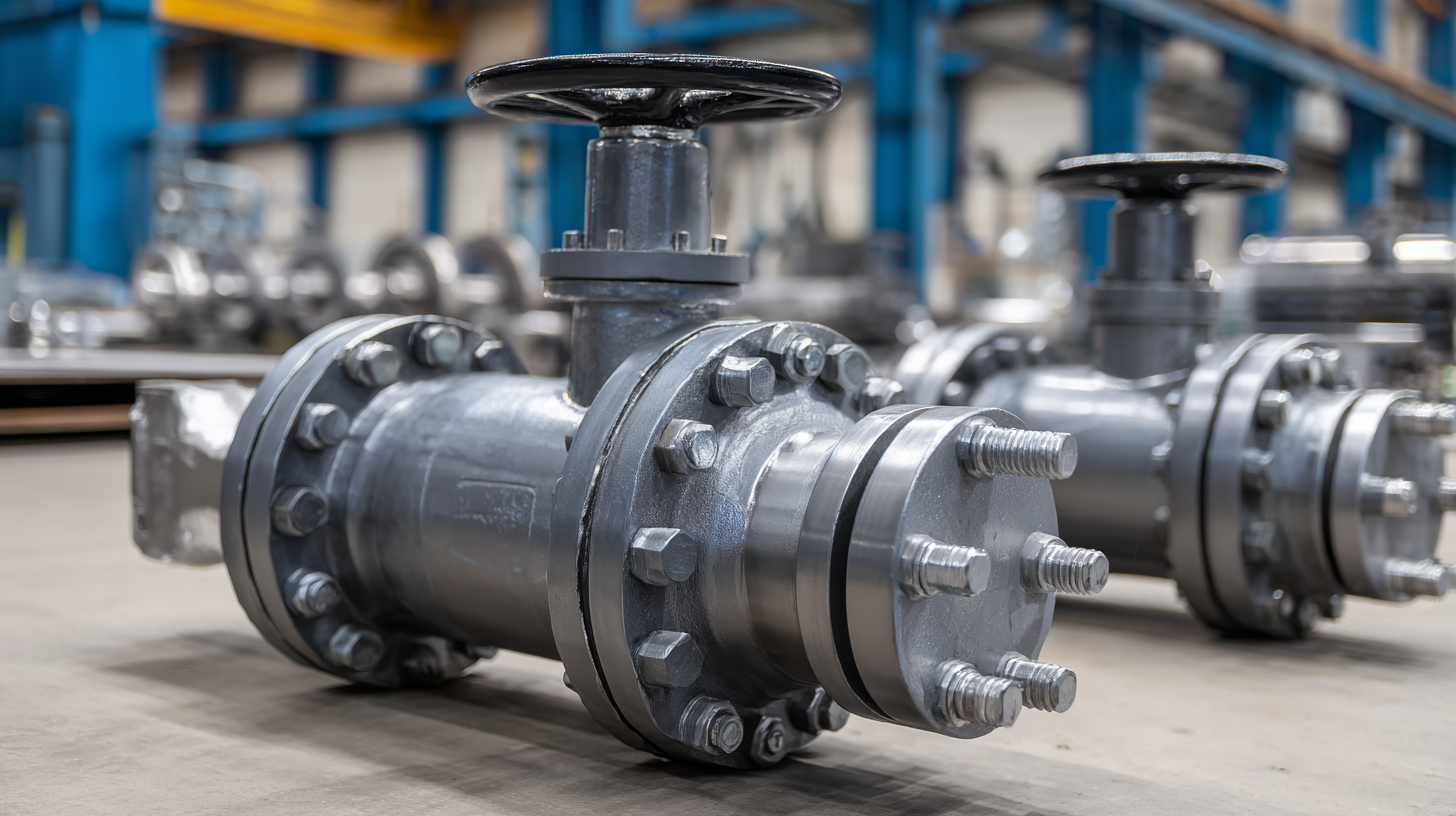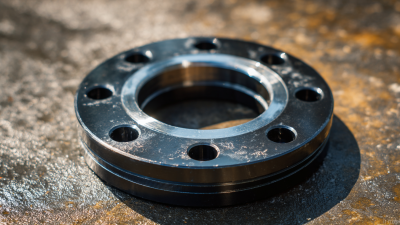Quality Products
At a Fair Price
Wholesale Provider
Of Valves & Fittings
- HOME
- Products
- Ball Valves
- Bull Plugs & Swages
- Butterfly Valves
- Check Valves
- Cushion / Flow Tees & Bleed Rings
- Enhanced Oil Recovery
- Floating Ball Valves
- Foot Valves
- Forged Steel Fittings
- Forged Steel Outlets
- Gaskets-Insulation Kits
- Gate Valves
- Gate, Globe & Check Valves
- Malleable Fittings
- Needle Valves
- Nipples
- Piston Valves
- Plug Valves
- Stainless Steel Flanges, Fittings & Nipples
- Strainers
- Studs
- Trunnion
- Unions
- Weld Fittings & Flanges
- Manufacturers
- Advance
- American Block
- Anvil
- Balon
- Bonney Forge
- Champion
- Clayton Mark
- Crane
- Daniel
- DMIC
- GMI
- Galli & Cassina
- Hackney-Ladish
- JMC
- Lone Star
- MATCO
- Marpac-McCanna
- National Flange
- National Gasket
- Nordstrom
- Nutron
- PPI
- SHARPE
- SMI
- TEXSTEAM
- TEX-THREAD
- Titan
- USA Fastner
- Vogt
- Weld Bend
- Westbrook
- Wheatley
- Williams
- WKM
- Wolar
- Locations
- Contact
- Blog
- Careers
- Get a Quote
- HOME
- Products
- Ball Valves
- Bull Plugs & Swages
- Butterfly Valves
- Check Valves
- Cushion / Flow Tees & Bleed Rings
- Enhanced Oil Recovery
- Floating Ball Valves
- Foot Valves
- Forged Steel Fittings
- Forged Steel Outlets
- Gaskets-Insulation Kits
- Gate Valves
- Gate, Globe & Check Valves
- Malleable Fittings
- Needle Valves
- Nipples
- Piston Valves
- Plug Valves
- Stainless Steel Flanges, Fittings & Nipples
- Strainers
- Studs
- Trunnion
- Unions
- Weld Fittings & Flanges
- Manufacturers
- Advance
- American Block
- Anvil
- Balon
- Bonney Forge
- Champion
- Clayton Mark
- Crane
- Daniel
- DMIC
- GMI
- Galli & Cassina
- Hackney-Ladish
- JMC
- Lone Star
- MATCO
- Marpac-McCanna
- National Flange
- National Gasket
- Nordstrom
- Nutron
- PPI
- SHARPE
- SMI
- TEXSTEAM
- TEX-THREAD
- Titan
- USA Fastner
- Vogt
- Weld Bend
- Westbrook
- Wheatley
- Williams
- WKM
- Wolar
- Locations
- Contact
- About
- Careers
- Get a Quote
How to Choose the Right Flange Valves for Your Industrial Needs
When it comes to industrial applications, selecting the appropriate flange valves is crucial for ensuring operational efficiency and system reliability. Flange valves play a pivotal role in regulating the flow of fluids and gases within piping systems, but not all flange valves are created equal. With a myriad of options available, including variations in materials, pressure ratings, and connection types, the decision-making process can be daunting. Understanding the specific requirements of your application, such as the types of media being handled, the environmental conditions, and the required pressure ratings, will significantly influence your choice.

In this guide, we will explore key considerations and practical tips to help you navigate the complexities of selecting the right flange valves to meet your industrial needs effectively. By doing so, you can ensure optimal performance and longevity for your piping systems.
Understanding Different Types of Flange Valves and Their Applications
When choosing flange valves for industrial applications, it’s crucial to understand the different types and their specific uses. Flange valves are available in various designs, including gate, globe, ball, and check valves. Each type serves a distinct purpose; for instance, gate valves are ideal for on/off control, while globe valves are best for throttling purposes. Ball valves provide quick shut-off capabilities, making them suitable for applications requiring a fast response, whereas check valves prevent backflow, ensuring fluid flows in one direction.
**Tips:** When selecting a flange valve, consider factors like the nature of the fluid, temperature, and pressure requirements. Additionally, ensure compatibility with existing piping systems and standards. Regular maintenance and periodic inspections are essential to prolong the lifespan of these valves and to ensure optimal performance.
Furthermore, the material of the flange valve is a vital consideration, as it affects durability and resistance to corrosion. Common materials include stainless steel, cast iron, and plastic, each suited for different environments. Evaluate the environmental conditions and choose a valve that can withstand the operational demands of your specific application.
Key Factors to Consider When Selecting Flange Valves for Your Industry
When selecting flange valves for industrial applications, several key factors should be taken into account to ensure optimal performance and longevity. First, one must consider the material compatibility with the fluid being handled. Advanced High Strength Steels (AHSS) have gained attention for their robust mechanical properties and resistance to corrosion, making them increasingly suitable for a variety of industrial applications. A recent study employing machine learning demonstrated the potential to predict and enhance the stretch-flangeability of AHSS, emphasizing the importance of understanding the microstructure-property relationships to optimize valve performance in demanding environments.

Another crucial factor is the pressure and temperature ratings of the valves. Flange valves must adhere to industry standards that dictate the suitable operational limits. According to industry reports, selecting valves that match or exceed these specifications can prevent failures and ensure safety in operations, particularly in sectors like oil and gas, where the stakes are high. Furthermore, integration of innovative components within the biopharmaceutical industry, exemplified by recent collaborations among suppliers, highlights the necessity for even custom-designed solutions for unique processing needs, thus reinforcing the importance of selecting the right flange valves tailored to specific operational requirements.
Evaluating Material Compatibility for Flange Valve Selection
When selecting flange valves for industrial applications, evaluating material compatibility is crucial. Flange valves are subjected to various operating conditions, including pressure, temperature, and the nature of the fluid they control. Understanding the material properties of the valve components—such as corrosion resistance, thermal stability, and mechanical strength—ensures that the chosen valves can withstand harsh environments and prevent premature failure.
Recent advancements in technology highlight the importance of material selection. For instance, in the context of mechanical heart valves, surface modification techniques have been developed to enhance the durability and performance of valve components. This emphasis on refining materials not only applies to medical devices but is also relevant in the industrial sector. Adhering to established standards, such as the ISA-75 series, can further enhance the reliability and performance of flange valves by providing guidelines for their design and testing, thereby ensuring they meet safety and efficiency benchmarks in diverse industrial applications.
How to Choose the Right Flange Valves for Your Industrial Needs - Evaluating Material Compatibility for Flange Valve Selection
| Flange Valve Type | Material Compatibility | Temperature Range (°C) | Pressure Rating (PSI) | Recommended Applications |
|---|---|---|---|---|
| Gate Valve | Carbon Steel, Stainless Steel | -29 to 400 | 150-300 | Water, Oil, Gas |
| Ball Valve | PVC, CPVC, Stainless Steel | -20 to 150 | 150-600 | Chemical Processing, Water Treatment |
| Globe Valve | Bronze, Stainless Steel | -29 to 180 | 150-300 | Steam, Oil, Water |
| Check Valve | Cast Iron, Stainless Steel | -30 to 200 | 150-600 | Pumping Systems, Drainage |
| Butterfly Valve | PVC, Ductile Iron | -20 to 80 | 150-250 | HVAC, Water Distribution |
Assessing Pressure and Temperature Ratings for Optimal Performance
When selecting flange valves for industrial applications, understanding the pressure and temperature ratings is crucial for ensuring optimal performance. The first step is to assess the operating environment, as elevated temperatures and pressures can significantly affect valve functionality and lifespan. Each valve comes with specific rating classifications determined by industry standards, such as ANSI or ASME, and these ratings dictate the maximum allowable pressure and temperature to which the valve can safely operate. It is imperative to select valves that meet or exceed the requirements of the application to prevent failures and ensure safety.
Additionally, the materials used in the construction of flange valves also play a significant role in their performance under various conditions. For high-pressure and high-temperature applications, materials such as stainless steel or special alloys are often recommended due to their superior strength and corrosion resistance. It is essential to match the valve's material to the fluid characteristics and operating conditions to prevent leaks and maintain efficiency. Properly correlating the pressure and temperature ratings with the application's specific needs will lead to better decision-making and improved operational reliability in industrial environments.

Cost vs. Quality: Making Informed Choices on Flange Valves
When selecting flange valves for industrial applications, the balance between cost and quality plays a crucial role in the decision-making process. While it may be tempting to opt for cheaper options, such valves often encounter issues like premature wear, leakage, and subpar performance. Investing in high-quality flange valves can lead to long-term savings, as they typically offer better durability, reduced maintenance costs, and improved efficiency.
However, the right choice is not solely determined by price or perceived quality; it requires a thorough understanding of specific industrial needs. Consider factors such as the pressure and temperature ratings, the media being handled, and installation factors. By evaluating these aspects, you can make informed decisions that align with both your budget and operational requirements, ensuring that you choose flange valves that provide reliable performance without compromising safety or efficiency.
Related Posts
-

How to Choose the Right Stainless Valves for Your Industrial Applications
-

7 Best Flange Gasket Options You Didn't Know Existed
-

How to Choose the Right Flanges and Fittings for Your Project
-

Maximizing Efficiency and Longevity with Titan Valves in Industrial Applications
-

7 Best Butterfly Valves for Enhanced Industrial Performance in 2024
-

Common Issues Faced When Sourcing Globe Valves for Your Industrial Needs
